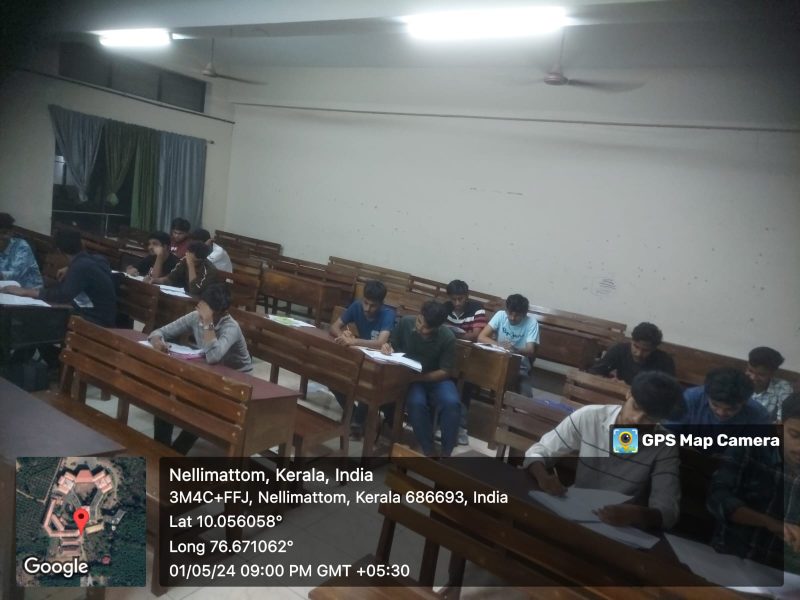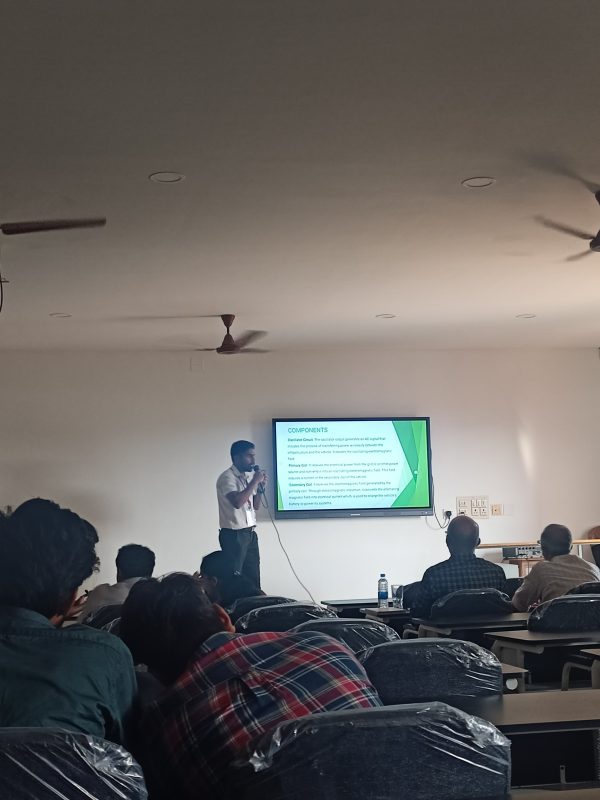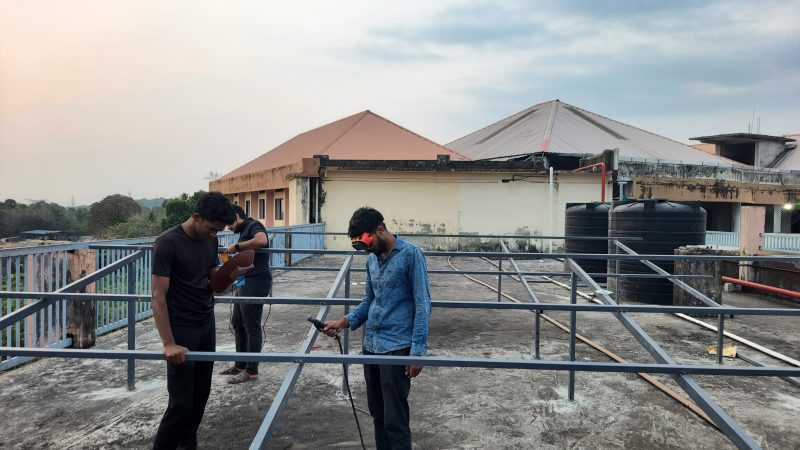“Innovative teaching and learning” refers to the use of novel or creative approaches, methods, and strategies in education to enhance the learning experience and outcomes for students. It involves moving beyond traditional methods and embracing new ideas, technologies, and pedagogical practices to engage students more effectively and achieve deeper learning. innovative teaching and learning aim to inspire creativity, foster a love for learning, and equip students with the knowledge, skills, and competencies they need to succeed in an increasingly complex and interconnected world. It encourages educators to explore new methodologies and adapt their teaching practices to meet the evolving needs of learners in the 21st century.
By employing strategies such as flipped classrooms, peer learning, blended learning, and inquiry-based learning, educators can foster deeper understanding, critical thinking, and practical application of knowledge. The ultimate goal is to create a more effective, student-centered learning experience that prepares students for future success.
Jigsaw:
The Jigsaw Method is used in educational settings to divide a topic into segments, with each student becoming an “expert” on one segment and teaching it to their peers. This approach enhances engagement, encourages collaboration, and deepens understanding of the subject matter through interactive group activities.
Flipped Classroom Model:
The flipped classroom model reverses traditional teaching by having students engage with instructional content, like video lectures, outside of class. This allows class time to focus on interactive discussions, problem-solving, and hands-on activities, fostering deeper understanding and practical application of concepts. By promoting self-paced learning and personalized instruction, this approach enhances student engagement and critical thinking in subjects such as Electrical CAD
Mind mapping:
In the Life Skills class, we employed mind mapping to leverage visual thinking and enhance understanding beyond traditional methods. This technique encouraged students to visually organize concepts and relationships, promoting creativity and critical thinking. By facilitating nonlinear exploration of ideas, mind mapping fostered holistic understanding and adaptability in approaching complex topics.
Peer learning:
Peer learning is implemented to create an interactive classroom environment where students collaborate and support each other’s understanding. Through seminars on different subjects, students present and discuss assigned topics, fostering deeper comprehension and knowledge exchange. This approach not only enhances academic performance but also cultivates communication skills and collaborative learning strategies among students.
Project-Based Learning (PBL):
Project-based learning immerses students in real world projects that cultivate critical thinking, problem-solving, and collaboration skills. By aligning these type of projects with curriculum subjects, students gain practical experience and deepen their understanding of theoretical concepts. This approach equips students with essential skills for professional success, including critical thinking, effective communication, and teamwork, preparing them for future challenges.
ICT Enabled Teaching:
ICT-enabled classes utilize LCD projectors and a variety of digital resources like PowerPoint presentations, videos, and online platforms such as NPTEL to enhance classroom instruction. Students benefit from a digital library stocked with scholarly resources and video lectures, fostering independent study and research skills. Faculty promote collaboration and real-world application through community websites supporting student projects and preparing them for contemporary challenges.








































































































